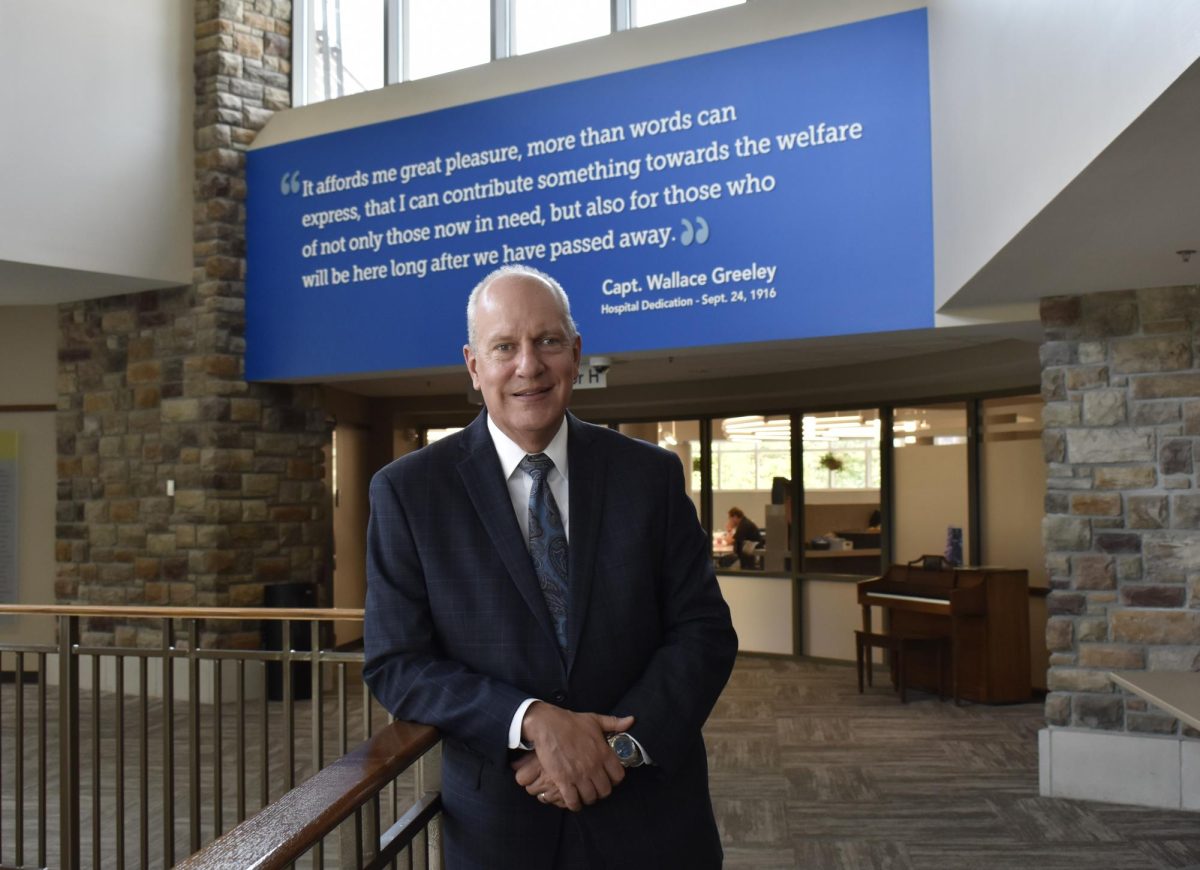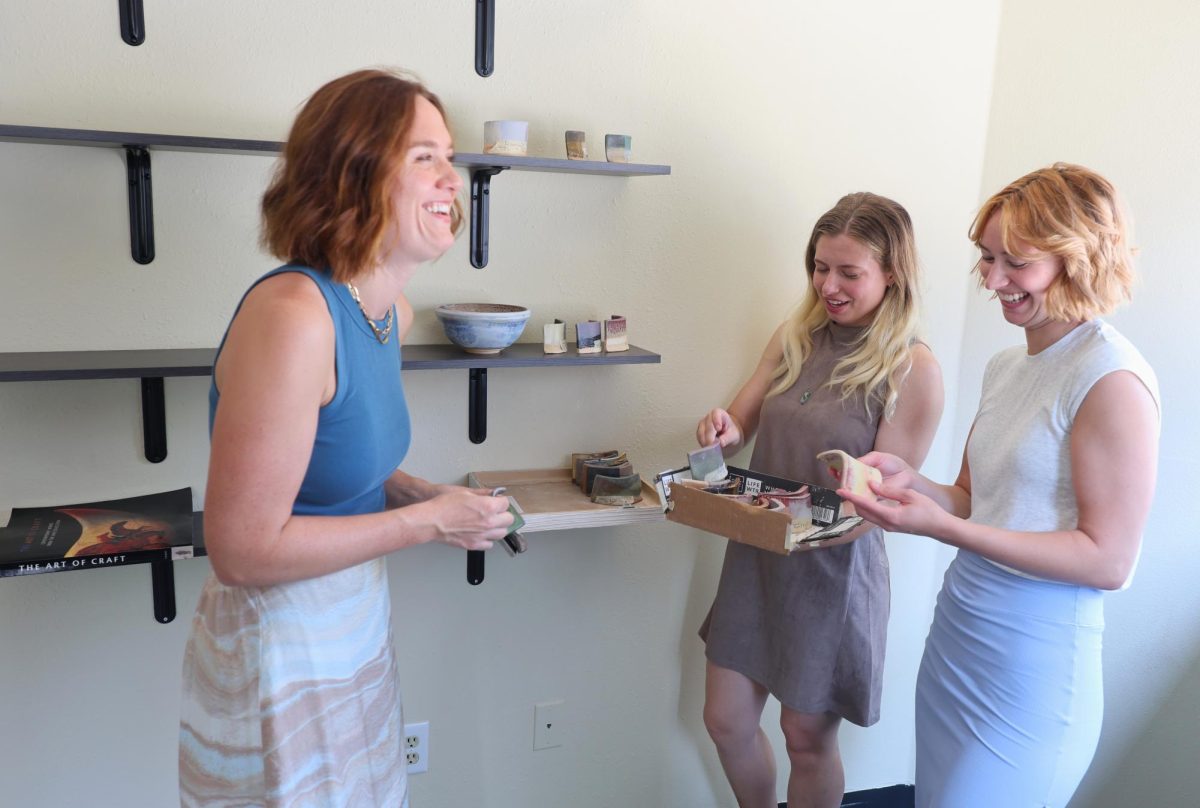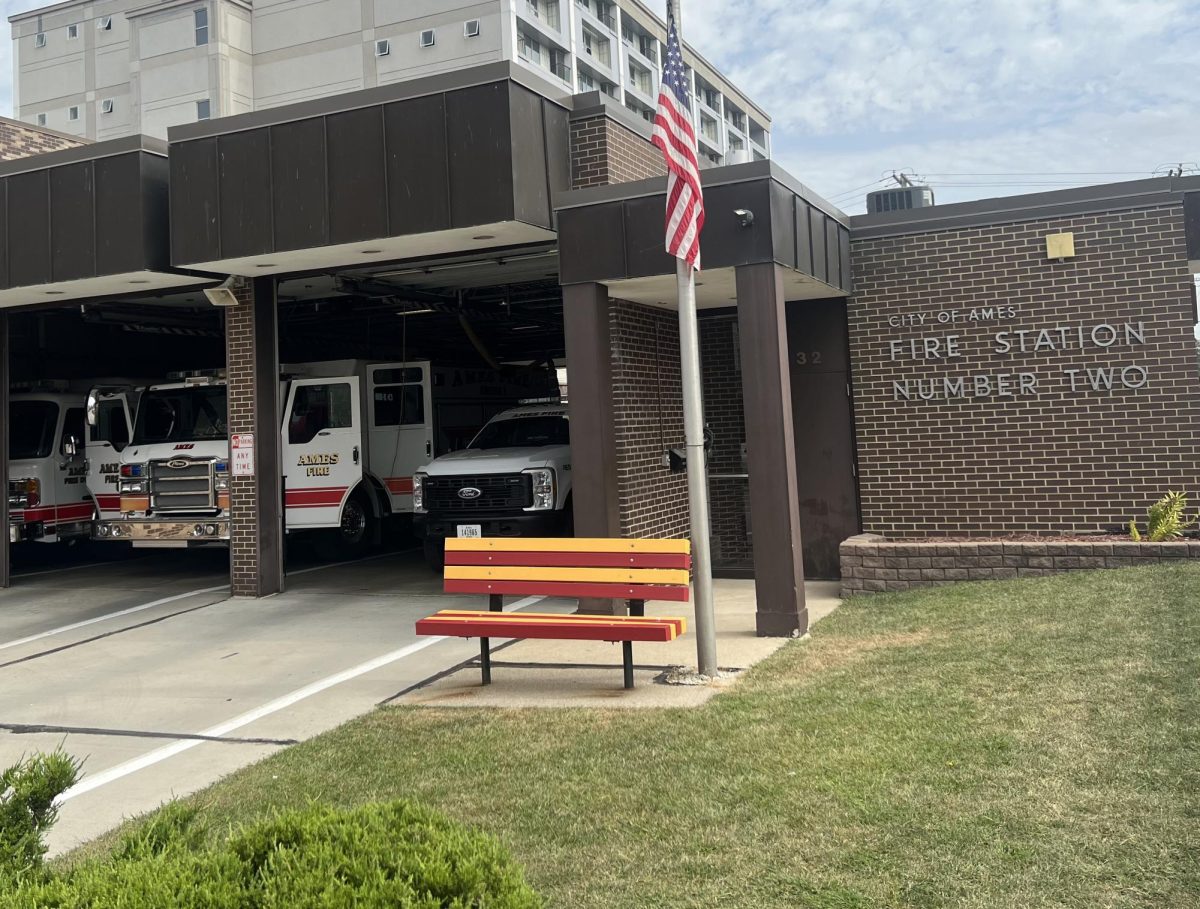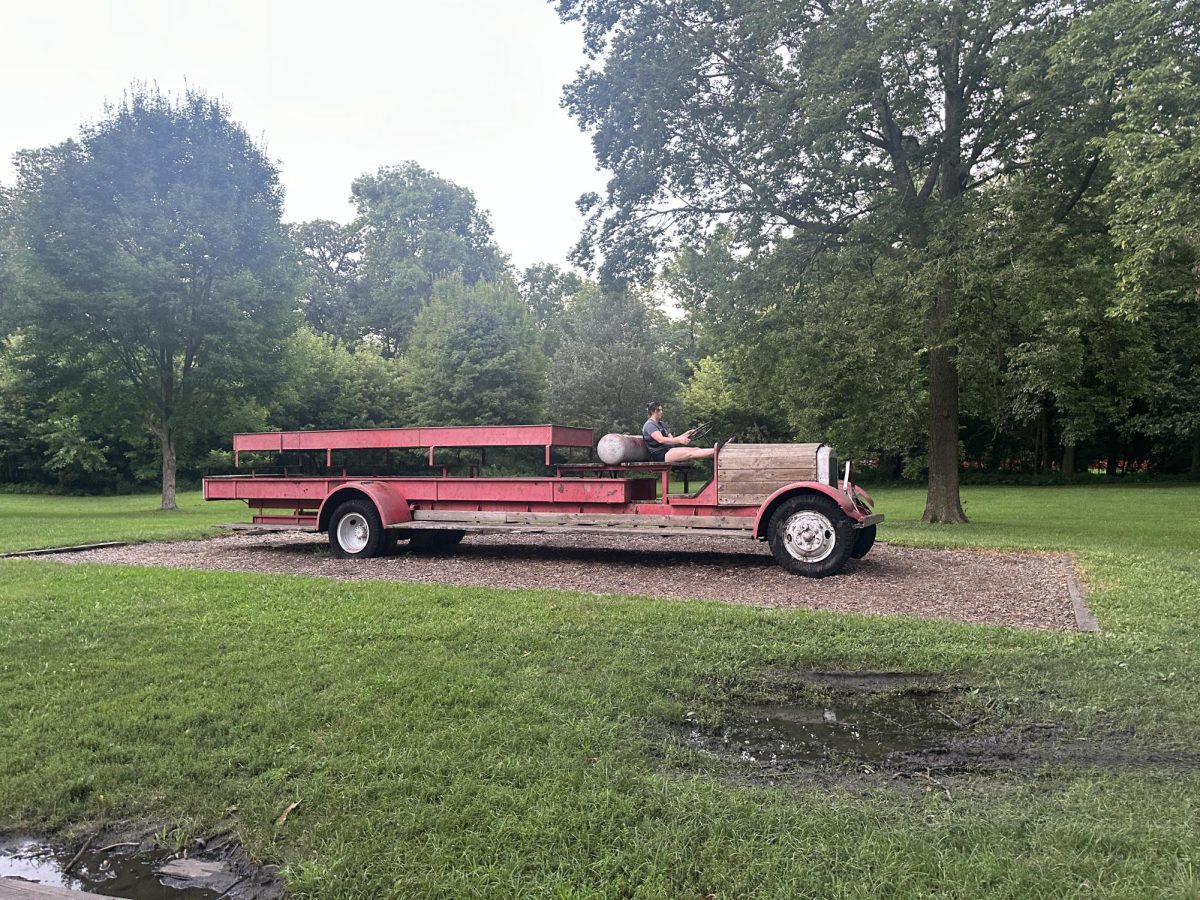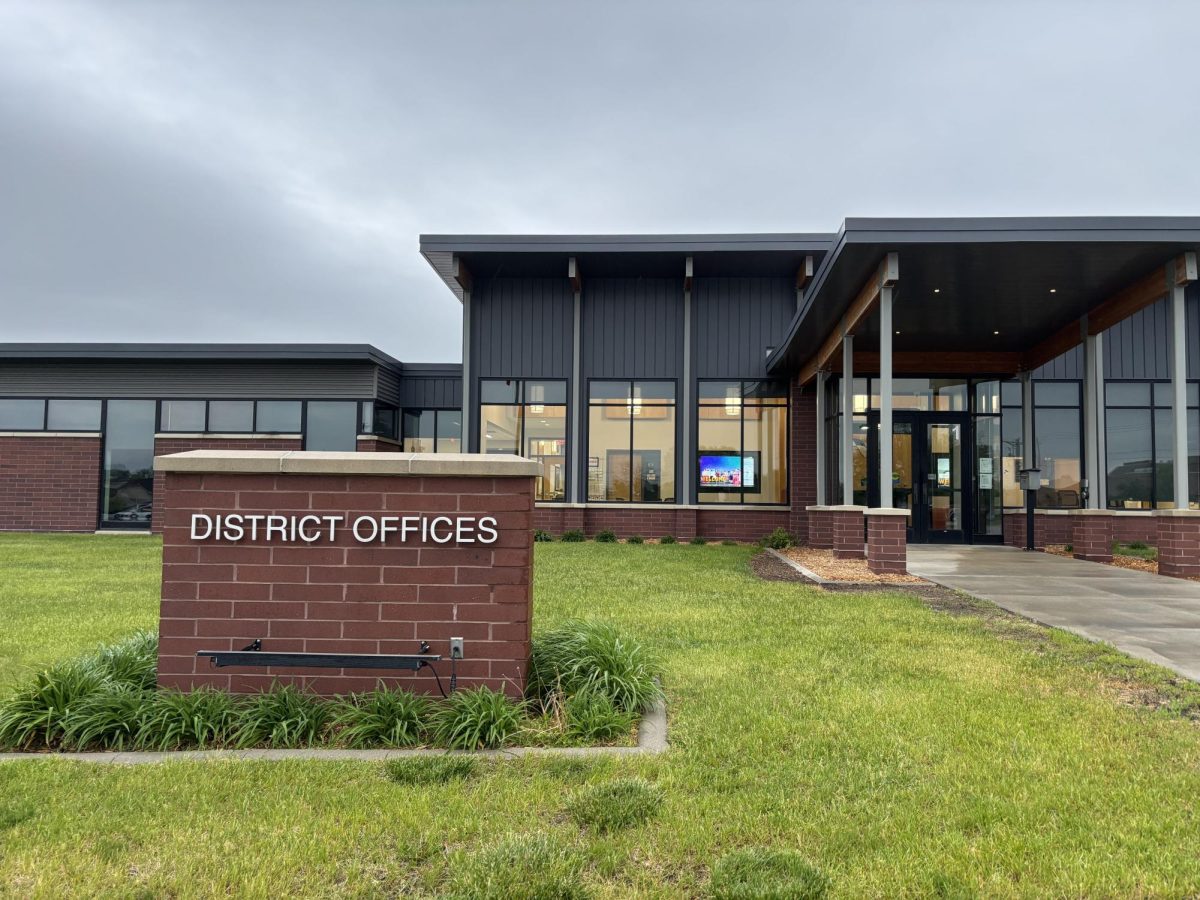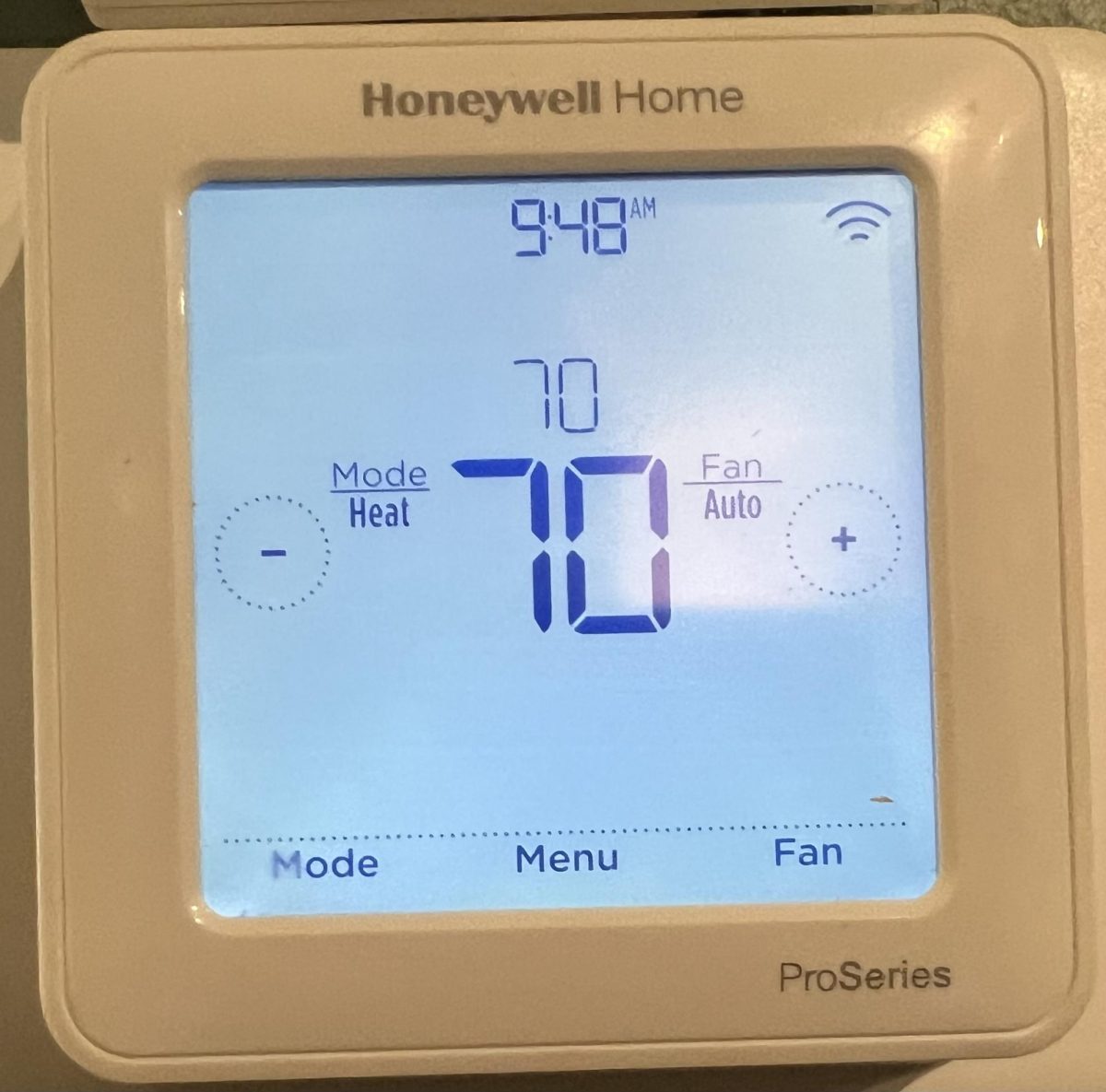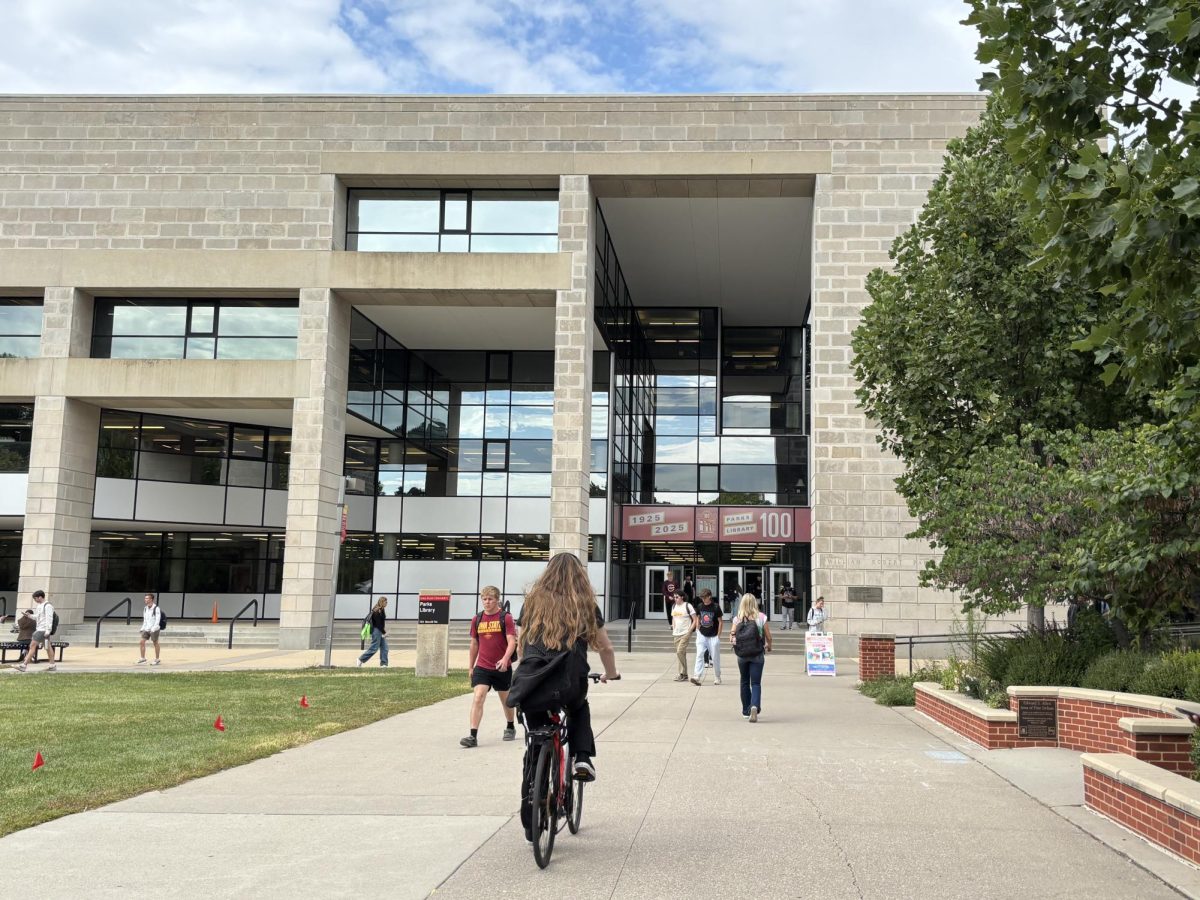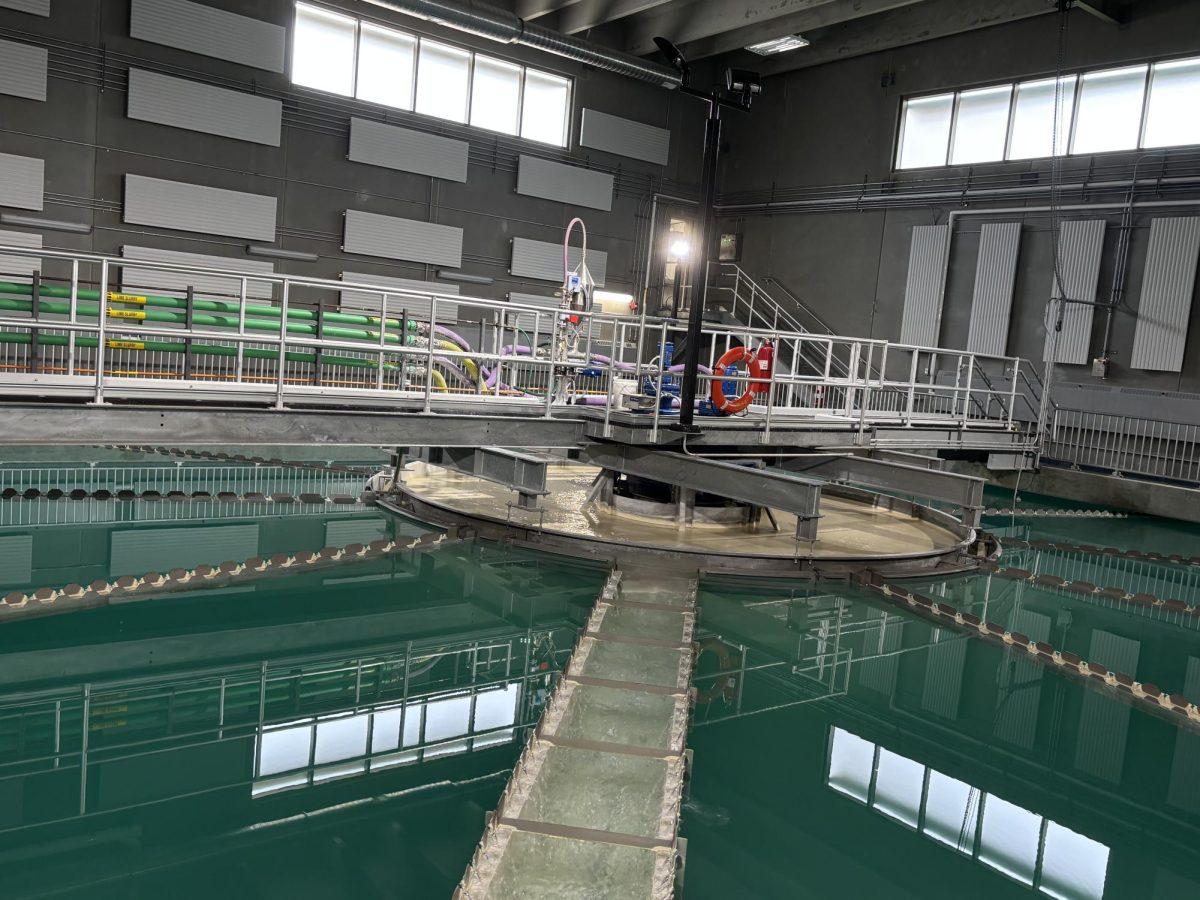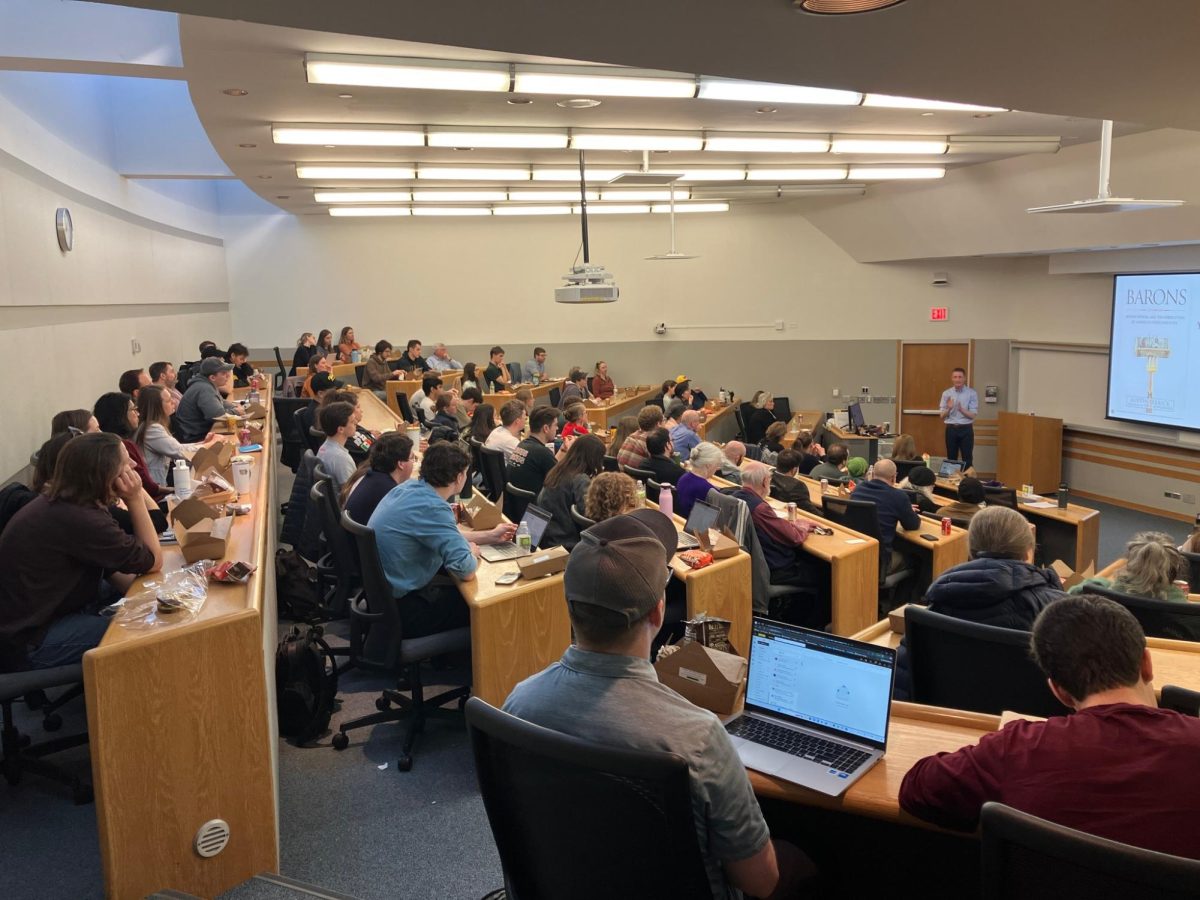Brian Dieter believed he could make a large impact in health care financial administration.
“It was a field that combined my aptitude for leadership and finance with doing something for the greater good — the community,” said Dieter, who recently retired from a long career as an executive at Mary Greeley Medical Center. “Plus, I was introduced to health care as a career in a very dynamic time, in 1985.”
That was a time of hospital reimbursement reforms. It’s when he spent his first eight years at Ames’ hospital as chief financial officer. He said he was later “drawn to move up from CFO to CEO by great mentors — a desire to play a bigger role and the challenge.”
Dieter retired as CEO and president of the hospital at the end of July after 25 years in leadership. As CEO for 17 years, Dieter was ultimately responsible for providing all who go to MGMC with the best access, quality and care.
Importance of the health care worker
Dieter has long had a broad perspective about health care, which is in part due to being a patient at age 29 with an extensive, successful cancer treatment for non-Hodgkin lymphoma.
Health care workers often “meet people on their most important days of life, from birth until their last day,” and “many encounters are remembered by a serious diagnosis, plan or treatment,” Dieter said.
He wants health care workers to know how meaningful their work is, and how they can “influence or make the world a little better, in an encounter with the patient or family.”
In a recent interview reported in the hospital’s Health Connect magazine, Dieter gave an example of how he encountered a woman at MGMC who was looking for the Intensive Care Unit. After he escorted her there, and as they were speaking outside the unit, she asked him what his role was at MGMC.
When he said he was the CEO, she said, “Well, you must have a lot of things to do.” He replied, “I have nothing to do that’s more important than talking with you.”
Her husband died later that day, but Dieter was glad he was there and said, “I felt like those 15 minutes that I spent with her were a gift.”
During his tenure as CEO, Dieter emphasized compassionate care and service — a role that stems from the employees at Mary Greeley.
“I tell our team regularly that we are going to be caring for our neighbors and their parents and their children, and that gives us a real sense of purpose,” Dieter said. “We are proud of the awards we have received but even more proud of what they represent — excellence in nursing and the highest levels of quality.”
While leading a staff of more than 1,400 at MGMC, Dieter emphasized that caregiving at crucial times in people’s lives is an opportunity to “make a meaningful difference in the patients’ and families’ lives.”
Dieter referred to a quote on his wall by the 19th century theologian and philosopher Soren Kirkegaard, that, “Life can only be understood backwards; but it must be lived forwards.”
The complexity of hospital finances
When Dieter started at MGMC, he experienced the national, chronically stressful financial environment in health care. While most Americans know the U.S. has both public (Medicare and Medicaid) and private insurers — and some private insurers are for-profit — most Americans don’t understand all the changing payment policies, or all the delays and denials in health care reimbursement, as well as the many uninsured patients, that make hospital finances very complex.
“Everything either costs money or generates money,” and balancing that cost-shifting pressure while ensuring the right services are available to the community is always difficult, he said.
Some procedures or services pay better than others, but there are also many services in hospitals that pay far less — and some services that simply lose money.
Leaving a good foundation
Dieter is leaving Mary Greeley with a solid foundation, with survey scores at or above the top quartile in patient experience and satisfaction, staff engagement and physician engagement.
There have also been significant facility improvements, including the west inpatient tower, emergency department, obstetrical unit, behavioral health unit and — in collaboration with McFarland Clinic — the new Ames Surgery Center.
“We have regularly invested in facilities to support care needs, both now and into the future,” Dieter said. “We are on solid financial ground and able to withstand challenges.”
Dieter mentored his successor, Amber Deardorff, who he said is “extraordinarily well prepared to lead, navigate, build and align MGMC to achieve a successful future” in caring for the central Iowa community.
But Dieter’s 25 years at Mary Greeley also came with some challenges: frequent widespread shortages of drugs or supplies, workforce shortages of physicians, nurses and other staff, as well as increasing regulations and financial problems of low reimbursement by private and public payers, with potential increases in non-paying patients.
There were other serious issues throughout Dieter’s career, including sudden changes in regulations and the COVID-19 pandemic.
“Ultimately, it was the speed at which we had updates as well as the number of unanticipated changes,” he said. “We would have a great plan disrupted because a promised shipment would get delayed or testing materials would suddenly become unavailable, and we had to communicate to so many. We made changes in communication that are still in place from the time of the COVID pandemic.”
The pandemic also triggered a “need to get creative about when work occurs — deployment of work from home technology and virtual meetings — with very little time and a global supply chain disruption.”
The biggest challenge
The COVID-19 pandemic was the “most challenging experience for all involved in health care,” Dieter said.
Health care workers experienced a web of difficulties: the burden of caring for many very sick and dying individuals, coupled with shortages of protective equipment, drugs, supplies and staff, along with increased or sudden changes in regulations. All of it caused significant stress at MGMC.
Staff worried about potentially getting infected while caring for the sickest patients, and there were nurses who had more of their patients die from COVID-19 during the pandemic than died during their entire career.
Despite the extraordinarily deadly COVID-19 pandemic, Dieter said that “many people know someone who had great care at our hospital, and I want our workers to know the work they do is vitally important.”
Not only were MGMC staff members who cared for COVID-19 patients stressed by the numbers of seriously ill or dying patients, there were widespread shortages of nursing staff, and many physicians and nurses suffered emotional and physical burnout symptoms for much of the pandemic’s duration.
However, Dieter noted that MGMC’s leaders and staff were able to “emerge from the suffering” with a “renewed commitment that health care really matters,” and that caring for those sickened “was a noble calling.”
Responsibilities in health care leadership
Dieter believes hospital leadership’s responsibility is to “promote continual improvement in patient safety, quality and outcomes” while dealing with increasing financial pressures and more regulations.
He said “half of our customers [patients] can’t afford health care,” and U.S. health care providers “have no meaningful ways to make health care cost less.”
Mary Greeley has a program for financial assistance that helps patients who either have no insurance or are under-insured. Every patient at MGMC is offered information about this program.
Dieter also feels there’s a “revolution” coming in health care “with incentives for more efficient care delivery and digital innovations including artificial intelligence,” and a switch from reactive to proactive patient-centered care — including “disease prevention and care management” to avoid “the high costs of chronic diseases.”
Notable MGMC Honors: Under Dieter’s leadership, MGMC received the national Malcolm Baldrige Quality Award, the highest level of national recognition a U.S. organization can receive for its leadership, resilience and long-term success. Mary Greeley is the only Iowa health care organization that has received this award. Mary Greeley has also received and maintained the Magnet Designation, nursing’s highest honor, since 2019. There are only 12 health care organizations in the U.S. that have been recognized by both awards. In 2025, the Baldrige Foundation honored Dieter with the Harry S. Hertz award, recognizing “role-model leaders that challenge, encourage, and empower others to achieve performance excellence.”

